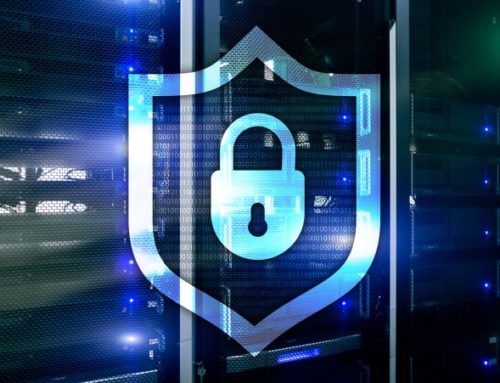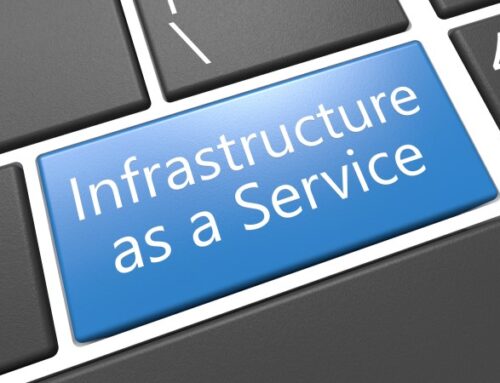“Save the Internet” is a net neutrality campaign launched by several non-governmental organizations. The following article explains what is behind the demonstrations to save the Internet and what net neutrality means.
This means net neutrality
The concept of net neutrality is based on equal rights of data transmission. This means that services on the Internet – regardless of their data rate – have the same possibility of transmitting and sending data.
The Federal Network Agency stresses that all network operators have equal rights to send content over the Internet at the same speed and quality. This happens regardless of the amount of data as well as the starting point and destination.
The Federal Network Agency refers to this as the “best-effort principle”, i.e. the “principle of the greatest effort”. According to this principle, data packets are transported according to the current utilization of the system and do not require any specific human intervention to coordinate data traffic.
Data is always transmitted in the order in which it arrives. Consequently, there is no important or unimportant content. This neutrality forms the basis for an openly accessible and free Internet.
Save the Internet – that’s what petitions, demos and protests are all about
The cause of the “Save the Internet” movement is a legislative process of the European Parliament that began in 2013. Here, the EU Commission proposed a regulation on telecommunications that contained directives in the area of net neutrality.
Although one goal was to ensure neutrality, the draft laws were designed to do the opposite. One original reason for this was the proposal for so-called special services.
These are special services
The first draft of the EU regulation on special services refers to the introduction of “Specialized Services, Managed Services“. They support network operators to offer certain services and Internet platforms in high quality at extra cost.
Mobile phone providers, for example, have been using this method for years and limit data volume through flat rates. As these are individual services, the neutrality of the data is hardly at risk. The situation is different with online services that were previously freely accessible and could thus be restricted. Many people are worried that in the future they will no longer be able to obtain information so easily and quickly on the Internet.
The impact of the abolition of neutrality
The removal of net neutrality could lead to preferential treatment of certain providers and network operators of different Internet services, websites and applications.
For example, telephone calls require lower data rates than video streaming services. Ending equal treatment could mean that telephone calls are preferred and run more smoothly. The video, on the other hand, only starts after a few seconds or even comes to a standstill.
At first glance, this may not seem dramatic, but it can have far-reaching political and economic consequences. If neutrality is abolished, Internet providers would be able to outsource services and applications for the general public on a large scale and grant access only for a fee.
This would affect both users and providers of Internet services. For example, customers would have to pay more to watch digital videos without interference. But difficulties may also arise for new or small companies, associations and non-commercial platforms.
This may result in competitive disadvantages and far-reaching barriers to entry for smaller companies. This is because they would also have to reach into their wallets to ensure that their data reaches users just as quickly as that of financially strong companies. These Internet giants include, for example, YouTube, Facebook, Twitter and Spotify.
Mass protests and EU-wide demonstrations
Over the years, possible restrictions and censorships have increasingly endangered an open network. In 2018, many individuals, digital platforms, network political associations and parties, including the Pirate Party, launched a petition calling for the “Save the Internet” movement. Together they collected more than half a million signatures against the reforms of the EU Parliament.
This led to an initial success and further negotiations. Demonstrations and protest actions increasingly carried the digital movement onto the streets. Whether in Berlin at the Brandenburg Gate, in Munich or in many other cities throughout Europe – demos and protests with several thousands of demonstrators are still taking place today, and they are calling for a freely accessible network.
Article 13 and net neutrality
Many young people in particular are concerned that freedom of expression on the Internet could be restricted. Today, the “Save the Internet” campaign refers to the latest version of the EU copyright reform. Articles 15 and 17 (formerly Article 11 and Article 13) in particular have been criticized. According to Article 13/17, providers must ensure the protection of freely accessible content on their websites if they are subject to copyright.
Many opponents of Article 13 fear that associated controls could only be implemented with certain software or upload filters and are therefore voting against the copyright reform. So-called upload filters, for example, would have to scan all content on platforms such as YouTube and check whether the respective user has the rights to upload. If this is not the case, publication is prevented.
Many critics therefore warn against far-reaching censorship and protest against restrictions on freedom of expression. In addition, the costs of setting up supervisory bodies are very high. Small companies and non-commercial providers, such as forum operators, could not afford the measures. Accordingly, large online services would gain more competitive advantages.
Current developments on the subject of net neutrality
Ultimately, the EU states opted for the controversial copyright reform. Despite all protests, petitions and demos, the establishment of upload filters could not be completely prevented. Politicians have now become aware of the dangers, but the “Save the Internet” movement will not stop any time soon. Many more questions about net neutrality, copyrights and a free Internet are likely to remain topical in the future. Many critics and young people in particular will probably continue to campaign for an open Internet and freedom of expression on the Internet within the framework of demonstrations.




